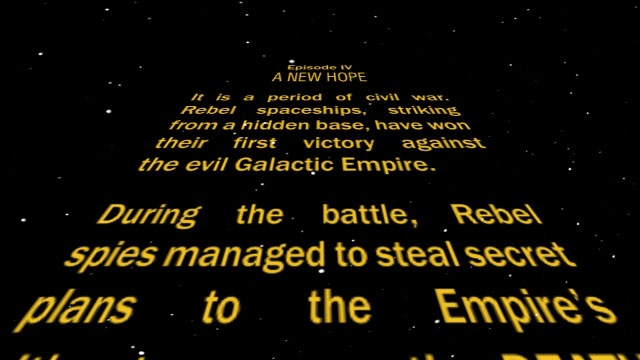 |
| Avengers Assemble! |
Think about what the audience must accept for the movie to even function at all? Artificial Intelligence to the level of sentience, manned robot suits capable of sustaining damage which would destroy most modern tanks, regular humans with combat skills so advanced they can fight murderous robots without dying instantly, and then we have the superhumans with powers able to twist reality and superspeed and on and on and on. That's a huge amount to accept and move on with. But, the audience does it with hardly a thought. I find that simply incredible. What it means to me as a writer is that there aren't ideas too crazy to get away with, but it's all in how it's presented. Come up with an idea, explore it to come up with the rules, and go for it! People will follow you on that crazy journey.
There is one rule that authors must abide by when using this method... internal consistency. If you set out the rules and then break them, the audience will loose their suspension of disbelief. It's like making up rules for tag when you're kids: if you don't all agree and stick to them, then the rules don't matter and the game fails. But, stick with it like the law and your audience will love you for it. Just look at Marvel and its massive universe (or is it multiverse still, I can't remember). There are millions of words written on all the history and other resources for it, yet it's all fiction! Incredible. Even more, audiences will join the ride and create their own fan-fiction to boost it yet further.
No matter how crazy or absurd we humans are, you gotta give it to us ... we humans love our fantasies.
- M








